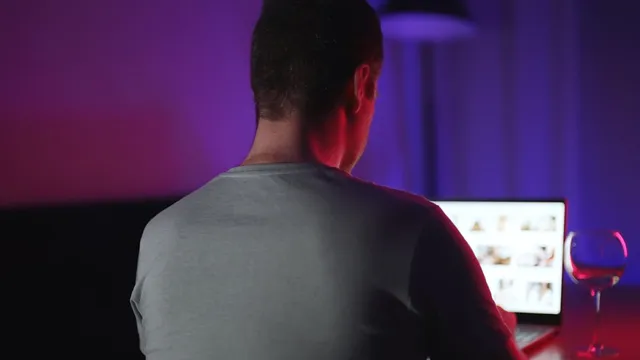- By Shivangi Sharma
- Tue, 04 Nov 2025 10:08 PM (IST)
- Source:JND
In a major move aimed at tackling rising violence against women, the UK government has introduced tough new penalties targeting the viewing, sharing, and possession of strangulation or suffocation pornography online. Although non-fatal strangulation is already recognised as a criminal offence, sharing such acts digitally had not been explicitly outlawed, until now.
The reforms form part of amendments to the latest Crime and Policing Bill, brought before Parliament this week. Individuals found sharing, distributing, or possessing such content online will now face criminal prosecution. Online platforms will be legally obliged to prevent the circulation of these images, marking a new era of accountability for tech companies.
Protecting Women And Young People
The push for reform follows growing concern from educators, policymakers, and campaigners. Earlier this year, Conservative peer Baroness Bertin warned of a “total absence of government scrutiny” over the porn industry. Her independent review cited disturbing reports from teachers, including instances of students asking how to choke girls during sex.
Experts warn that the normalisation of choking in sexual contexts can lead to severe harm. Baroness Bertin noted that young women have been reporting for years that social media portrays strangulation as “passion” rather than violence.
ALSO READ: Why Is Canada Rejecting Indian Students’ Visa Applications? 5 Key Facts Explained
Tech Secretary Liz Kendall echoed this, calling the material “vile and dangerous” and stressing its role in perpetuating abuse. “Those who post or promote such content are contributing to a culture of violence and abuse that has no place in our society,” she said. “We’re also holding tech companies to account and making sure they stop this content before it can spread.”
Strengthened Legal Framework
The Department for Science, Innovation and Technology (DSIT) confirmed that choking pornography will now be considered a “priority offence” under the Online Safety Act. This puts it in the same legal bracket as child sexual abuse content and terrorism-related material, meaning platforms must actively detect and remove it.
The reforms also extend the prosecution window for intimate image abuse. Criminals who create or share explicit images without consent can now be charged up to three years after the offence, up from just six months. Victims will also have three years to report such crimes, giving survivors more time to come forward.
ALSO READ: ChatGPT CEO Sam Altman Literally Dropped Best Life Advice You'll Ever Heard
Baroness Bertin argued that online pornography sites have historically evaded consequences under existing laws, such as the Criminal Justice and Immigration Act 2008, which bans extreme, life-threatening pornographic acts.
“So a change in law or practice is needed,” she warned. “Until we see otherwise, I don't believe that any new law will actually be enforced.”

